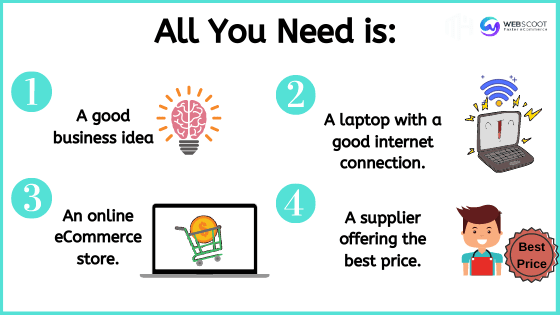With the increase of technology, the retail landscape is shifting from physical shops to online platforms. While the term "ecommerce" is frequently used, it's important to consider the complete scope of its meaning and implications.
Click for source need to analyze and investigate this vast and ever-changing universe.
What is Ecommerce?
In fundamental terms, ecommerce, likewise called electronic commerce, is the act of buying and selling items or services through the web. It also encompasses the exchange of funds and details to complete these transactions.
Ecommerce is typically used to refer to the sale of physical products online, however it can also describe any kind of industrial transaction that is facilitated through the internet.

Numerous Ecommerce Models Explored
Almost every deal in between consumers and companies can be categorized into among four main ecommerce designs. These designs are:
B2C, or Business to Consumer, is the most familiar type of ecommerce where customers can directly purchase products from businesses. On the other hand, B2B, or Business to Business, ecommerce includes services selling products or services to other organizations. C2C, or Consumer to Consumer, describes the act of people offering products on online platforms like eBay or Etsy. Last but not least, C2B, or Consumer to Business, flips the conventional ecommerce model by enabling individuals to provide services or products to companies, similar to posting a job on UpWork.
Online Shopping - A Stratospheric Sensation
The popularity of online shopping has been increasing worldwide in the last few years, with millions of people turning to ecommerce as a practical alternative to standard retail. Statistics show that international ecommerce sales are predicted to reach an incredible $4.9 trillion by 2021, a testament to the ease and availability that online shopping provides in today's hectic world.
Advantages of Online Shopping
Ecommerce offers various advantages over traditional retail. Here are a couple of noteworthy ones:
Ecommerce offers customers with the high-end of shopping from any place at any time, getting rid of the restrictions of traditional retail hours and physical store locations. This versatility is a significant benefit for consumers who can now search and buy products according to their own schedule. Furthermore, ecommerce shops have the capability to provide a comprehensive variety of products, going beyond the restrictions of physical stores. Consumers can likewise easily compare prices and check out evaluations from multiple online sellers, making educated getting decisions.
E-commerce boasts various benefits, but it also includes its fair share of challenges. A few of the most prevalent obstacles include:
Absence of trust: Due to the inability to physically examine the product, clients regularly have reservations making online purchases.
Click for more info with shipping and returns: Customers might be discouraged by shipping delays or a convoluted return treatment.
Concerns about security: Challenges emerge from concerns regarding the security of online transactions.

Conclusion
The method we go shopping has actually been changed by ecommerce. Lots of people choose it because of its convenience, wide selection of products, and the ease of comparing costs. Nonetheless, like any other service model, ecommerce does deal with obstacles. However, with improvements in innovation and much better security procedures, ecommerce will continue to broaden and alter, using an interesting future for online shopping.
As innovation ends up being more linked with our lives, ecommerce is poised to play a larger function in our shopping experiences. Whether you're a company owner seeking to check out the world of ecommerce or a consumer interested in remaining notified, it's vital to stay current on the most recent developments and trends in this quickly expanding industry.
